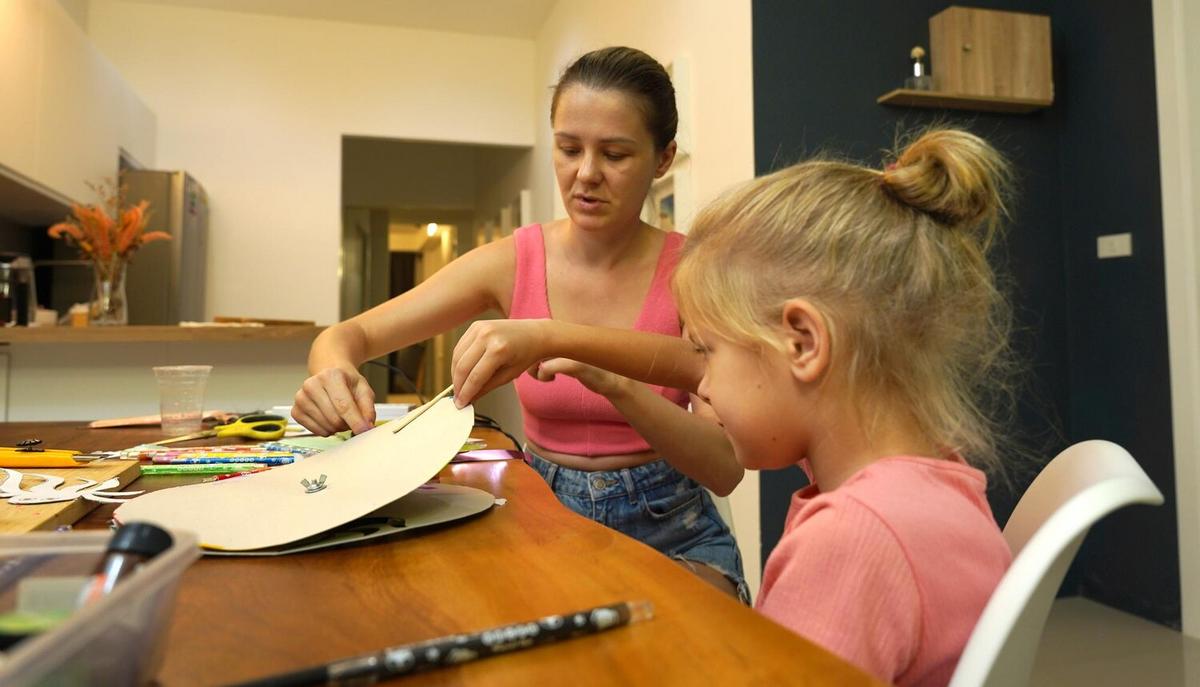Navigating the emotional terrain of bullying can be challenging for both children and their parents. As guardians, understanding how to effectively support your child through these tough times is crucial for their emotional well-being.
Bullying, whether physical, verbal, or cyber, can have serious impacts on a child’s mental health and development. According to a study by the American Educational Research Association, nearly 30% of students in the United States report experiencing bullying, highlighting the prevalence of this issue.
Understanding Bullying
Bullying isn’t just limited to physical aggression. It can manifest as verbal harassment, social exclusion, and online attacks. Dr. Dorothy Espelage, a renowned professor of psychology, emphasizes that recognizing the signs of bullying early can prevent long-term emotional damage.
Signs Your Child May Be Bullied
- Unexplained injuries
- Lost or destroyed clothing and personal items
- Frequent headaches or stomach aches
- Decline in academic performance
- Sudden loss of friends or avoidance of social situations
Personal Anecdotes
Consider the story of Michael, who began withdrawing from family activities and showed a sharp decline in his school performance. Through open conversations, his parents discovered he was facing cyberbullying. By addressing the issue with school authorities and seeking professional counseling, Michael gradually regained his confidence and love for learning.
Actionable Steps for Parents
- Open Communication: Encourage your child to talk about their day, and listen without judgment.
- Educate Them: Teach your child about bullying and its effects, empowering them to stand up against it.
- Involve Professionals: School counselors and psychologists can provide resources and support.
- Monitor Online Activity: Be aware of your child’s online interactions but ensure they have privacy and trust.
Additional Resources
For more information on handling bullying, consider visiting StopBullying.gov, a comprehensive resource for parents, educators, and children.
Conclusion
Supporting your child through bullying requires patience, understanding, and proactive measures. By staying informed and involved, you can help your child navigate these challenges with resilience and strength.
FAQs
How can I tell if my child is being bullied?
Look for signs such as unexplained injuries, changes in behavior, and avoidance of social situations.
What should I do if my child is bullied online?
Report the bullying to the relevant platform, encourage your child to block the bully, and keep evidence of the interactions.
How can I help my child build resilience?
Encourage them to engage in activities they enjoy, promote positive self-esteem, and provide a supportive home environment.




Leave a Reply